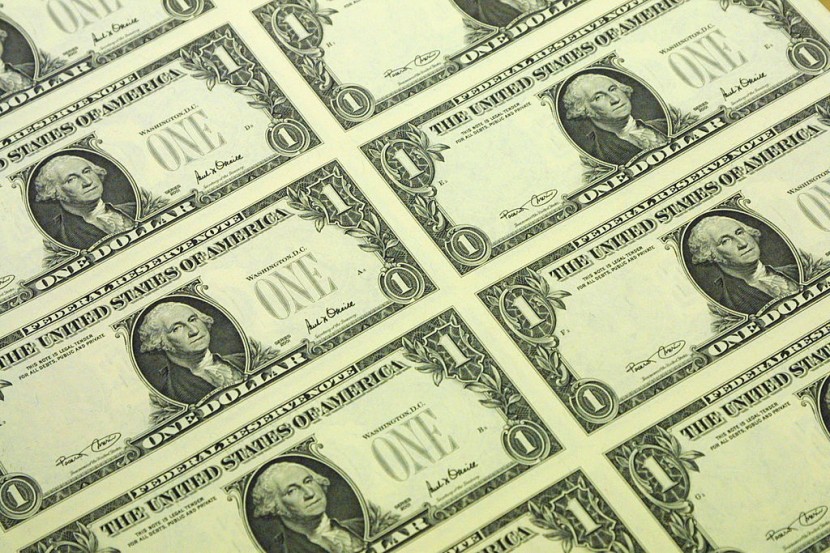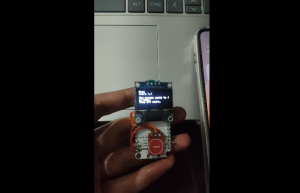
This was the year that the White House embraced the concept of mass student-loan forgiveness, but it will likely be 2023 before borrowers learn how the policy will affect their finances.
In the coming months, the Supreme Court will consider the Biden administration's debt-relief plan, one of the many potential changes to the student loan system that could occur in 2023, according to Market Watch.
Student Loan Forgiveness Program
To the day since lower courts blocked mass debt cancellation, the administration delayed for the sixth time under Mr. Biden the end of the pandemic freeze on loan repayment. Since March 2020, payments and interest accrual have been paused. They are now scheduled to resume 60 days after litigation over the loan forgiveness program is resolved or the program is implemented.
As a result, borrowers, debt servicers, and federal policymakers enter 2023 uncertain as to precisely when student loan payments will resume, how much debt relief, if any, will be granted, and what payment plans will be made available to borrowers. More than 40 million people hold federal student debt totaling $1.6 trillion.
A decision by the Supreme Court to block the plan would disappoint debtors who were counting on the relief and make the process of resuming monthly payments after an absence of several years more challenging. Loan servicing companies have started to complain about the Biden administration's frequent and, at times, short-notice extensions of the pause. Some Education Department officials admit they are concerned about the resumption of payments.
By law, servicers must make multiple attempts to contact borrowers before payments are due. In addition, they must hire and train new personnel to handle the anticipated deluge of calls from borrowers unfamiliar with or out of practice with loan repayments.
Multiple federal courts have already halted the administration's plan for debt forgiveness. In November, a Texas judge ruled that the administration had improperly created the program using congressional powers. In a separate case, a different court ruled that Missouri had a valid basis for challenging the program, but did not rule on the case's merits.
Should You Start Repaying Your Student Loan Debt Next Year?
Republicans in six states and several borrowers backed by conservative legal organizations have filed lawsuits against the administration.
According to the state's lawsuit, the president's program usurps the legislative authority of Congress and will negatively impact state tax revenues. A second lawsuit challenges the eligibility requirements for loan cancellation, claiming that they improperly excluded some borrowers, Live Mint reported.
Additionally, Scott Kemp is an advocate for student loans in Virginia. He suggests that those who can make a payment on their student loans should do so.
"Even though there was a payment pause, people can continue to make payments as usual. "One hundred percent of it is applied to the principal, which reduces the loan balances more quickly," said Kemp.
In August, when the student loan forgiveness program was announced, 10 News spoke with Kemp. Six lawsuits have been filed against it since then, resulting in two blocks. Kemp stated that individuals should do a few things in the interim.
"They must first ensure that their loan servicer has their contact information. "If they continue to struggle with their income and their expenses, they can receive a portion of the income-driven repayment," Kemp said, as per 10News.
@YouTube
© 2025 HNGN, All rights reserved. Do not reproduce without permission.








